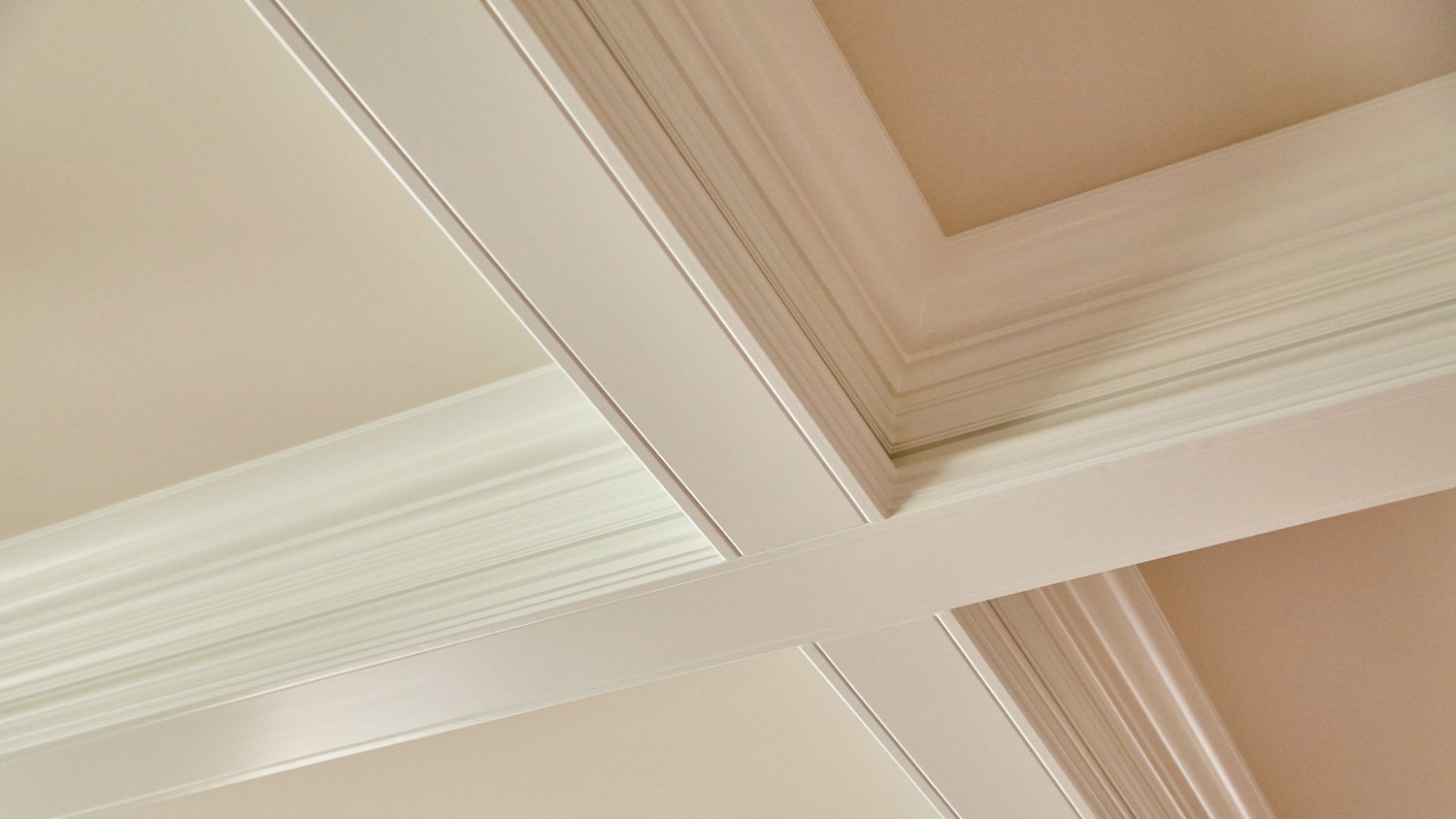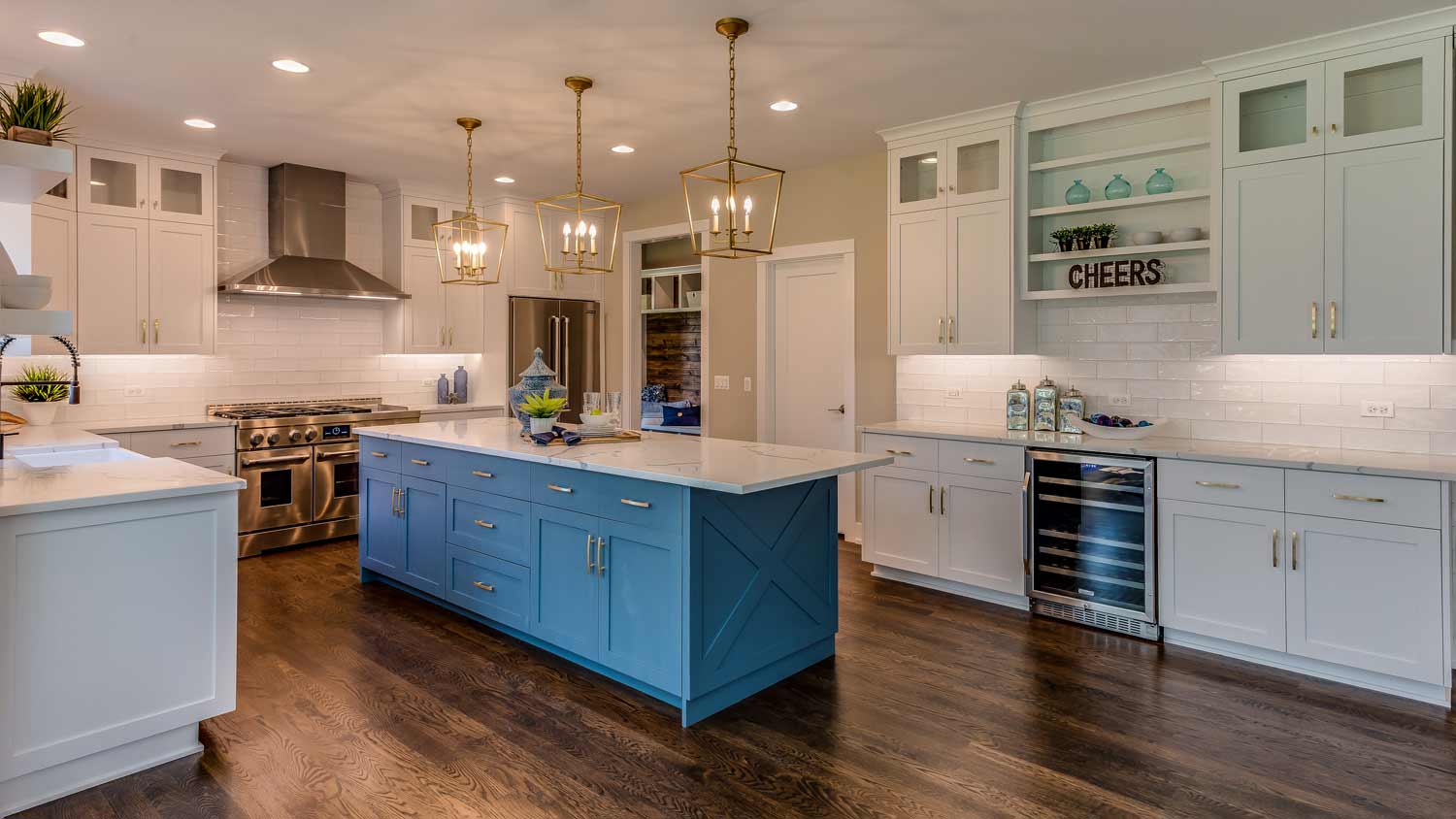
When your home project requires a professional at the helm, how much are construction management fees, and how do they determine their rate? Let's break it down.
Don’t delay when it comes to getting these essential documents


Building permits can take anywhere from several days to several years to obtain.
Project size, local regulations, and application delays all affect permit timelines.
Starting the permit application process early and submitting a complete application can save time.
Whether you’re building a new home, adding on to your current home, or undergoing renovations, you need a building permit to allow you to proceed with construction. The time it takes to get a building permit varies, but it can take anywhere from a week to several years after you submit the application. Find out how long the permit process takes and which factors influence how long it takes to get a building permit.
It can take anywhere from one week to three years to obtain a building permit, depending on your local building authority, the type and scale of the project, and how long it takes you to collect the necessary documentation. Larger projects like building a house will often take longer to obtain a permit for, while smaller projects like building a shed may get permitted faster. Contact your local building authority to find out what the permit timeline looks like.
Because there’s such a wide range of time it can take to get a building permit, knowing which factors affect the timeline can help you plan your project’s timing.
Depending on your municipality, smaller projects like replacing a roof or building a shed may be quickly approved for a permit, while larger-scale projects like new home construction may take months or even several years to get approved. Getting a permit for an addition or another medium-scale project may fall somewhere in the middle. Bigger projects have bigger plans, and the more plans the building authority needs to review, the longer it’ll take. Large projects may also involve zoning permits for land use, which adds to the processing time.
Where you live can also affect how long it takes to get a building permit. Smaller municipalities without a lot of construction may approve permits faster than a large city with many construction projects. Local regulations can also influence the timing—the building authority needs to check your plans to make sure there are no building code violations, and codes vary based on location.
If you apply for a building permit during a slow time of year that isn’t very active with construction projects, you may get approved faster. Conversely, if you submit your permit application during a busy construction season, it may get held up due to the volume of applications the office is receiving.
Applying for a building permit involves a lot of documentation, and if you’re missing any of that documentation, your application can get delayed. Ensure you have everything you need for a complete application and the correct building permit fees before submitting to avoid delays.

While you have little control over how long a building permit takes once your application has been submitted, there are some ways to save time during the process.
Once your plans are ready to submit, don’t waste time. You or a local general contractor should submit your application as early as possible so you don’t lose construction time. A building permit lasts about six months from the time it’s issued to when construction needs to start, so there’s rarely harm in starting early.
Get all the necessary permits for your project as early as possible to avoid construction delays. Talk to your contractors about what permits are required and who needs to pull them.
If you’re facing a particularly complex permitting process, a permit expediter can help. These professionals can navigate the permit process for you and ensure it takes as little time as possible.
Before submitting your permit application, ensure you have all the documentation the building authority requires. It’s a good idea to check with the municipality about what they require for a complete application so you know you aren’t missing anything.
From average costs to expert advice, get all the answers you need to get your job done.

When your home project requires a professional at the helm, how much are construction management fees, and how do they determine their rate? Let's break it down.

Installing a dumbwaiter can save you time and energy. Learn how much a dumbwaiter costs with this guide.

Recessed living rooms used to be popular but have fallen out of favor. This guide discusses the cost to raise a sunken living room to modernize your home.

Curved staircase chair lifts can enhance your home’s safety and accessibility. Use this guide to learn how much they cost to install based on factors like staircase size and lift type.

Not sure what the difference is between coffered and tray ceilings? Learn the key distinctions in design, cost, and benefits to decide which ceiling style is best for your home.

If you’re replacing your roof or flooring, you might be wondering, “How much plywood do I need?” The answer comes through a simple calculation.